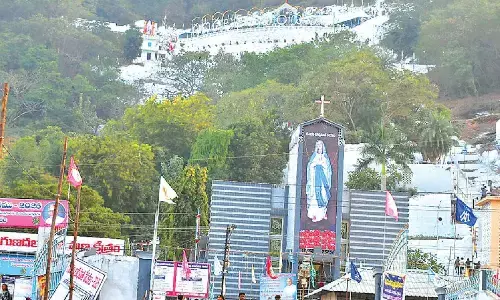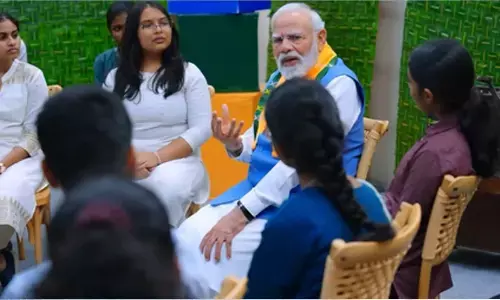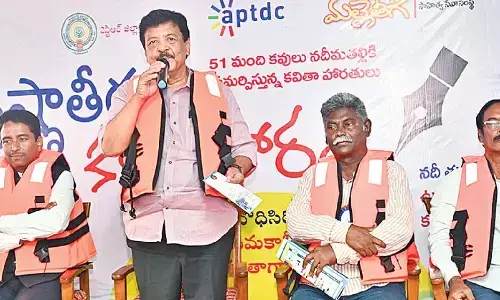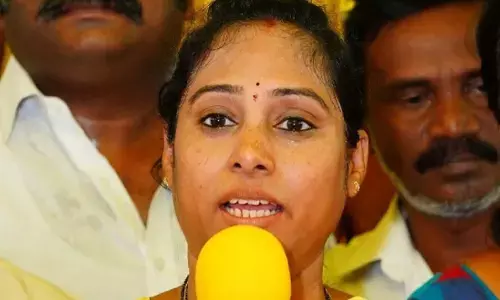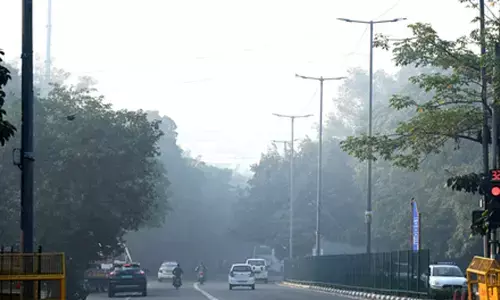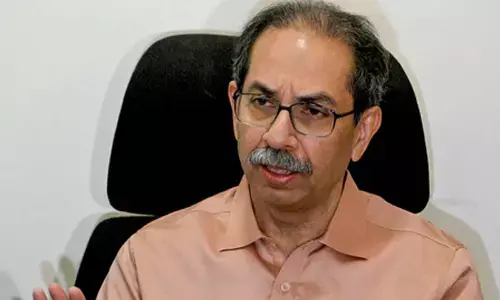A pivotal moment for Bangladesh people
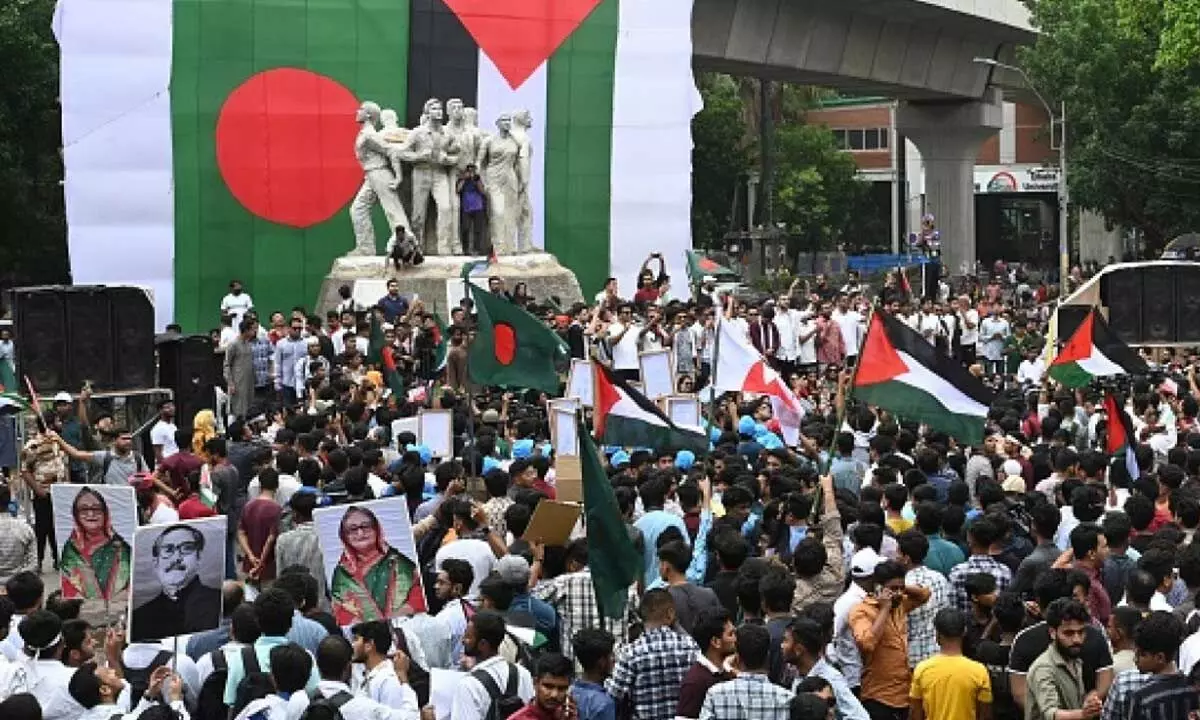
The scenes in Dhaka on Monday eerily seemed similar to the moments of overthrow of government in Sri Lanka in 2022
The scenes in Dhaka on Monday eerily seemed similar to the moments of overthrow of government in Sri Lanka in 2022. India’s eastern neighbor resembled a la Sri Lanka on the fateful day of July 13, 2022, when people swelled onto the streets across the country, stormed the Presidential palace in Colombo and erupted into celebrations as the then-President Gotabaya Rajapaksa fled the country. A mass uprising with no signs of abatement forced its four-time Prime Minister ‘Iron Begum’ Sheikh Hasina to flee the country, thus ending a 15-year reign marked by absolutism with the ruling party not respecting any dissent.
It is really deeply disturbing that India’s close neighbour, which has revived its economy in last decade, should witness the biggest civil unrest and plunge into a deep crisis. What began as student strikes escalated gradually with political forces fanning the flames. At the root of the crisis is a controversial quota of up to 30 per cent in government jobs for the kin of veterans who took part in Bangladesh’s 1971 War of Independence against Pakistan. Though briefly halted in 2008, it was revived soon and is projected to be beneficial to the supporters of Hasina-led Awami League. The quota was created in wake of Sheikh Mujibur Rahman’s promise to do justice to those who sacrificed and endured atrocities by the Pakistani military. After his assassination, the quota system was diluted and extended to other sections of society, building up resentment. Initially, the violence was not sporadic, but soon appeared to play into the hands of anti-government forces. The government alleged the Bangladesh Nationalist Party and the Jamaat-e-Islami for fomenting trouble and inflaming passions.
Though protests subsided after the Supreme Court quashed the quota system, violence flared up soon, demanding ouster of government in the name of justice for the hundreds of people, mostly youth and children, killed during clashes with police and security forces. Protesters had only one agenda i.e., Hasina’s resignation. The decline of national economy, which resulted in squeezing of formal jobs, and the resultant huge unemployment roiled the protesters, turning their ire on the quota system. Hasina’s appeasement through cancellation of all quotas in the Bangladesh Civil Service did not cut the ice. This also enraged those only seeking reform in the system, but not its altogether scrapping.
Pakistan’s ISI hand behind protests cannot be ruled out. India must be alert to resurgence of communal forces in its neighbour, which will have huge implications for its security. It should be noted that anti-Hindu and anti-India rants have grown of late and the fateful Monday also witnessed attacks on temples. India must deploy all ways and means at its disposal to rally democratic nations to ensure that the next-door neighbour does not become a fundamentalist Islamic state.
Hasina’s election itself seemed phony with the main opposition BNP boycotting the polls, which saw a thin turnout by voters. It was a hollow victory, said international observers. Swift response to people’s concerns and upholding democratic institutions, while addressing the unemployment scourge, would have assuaged the protesters at the beginning itself. But, the PM did not budge, and the opposition stepped in to call the shots.
It is a pivotal moment for the Bangladeshis. What kind of government they would settle for would rule over its destiny. On the face of it, India seems poised to be pitted against Islamist radicalism on its eastern front. Myanmar civil war already created a huge problem for our Northeast due to influx of refugees. Add to it, Pakistan never rests in troubling it, while LAC standoff with China persists. We cannot afford Bangladesh, going either Afghanistan or Pakistan way.









